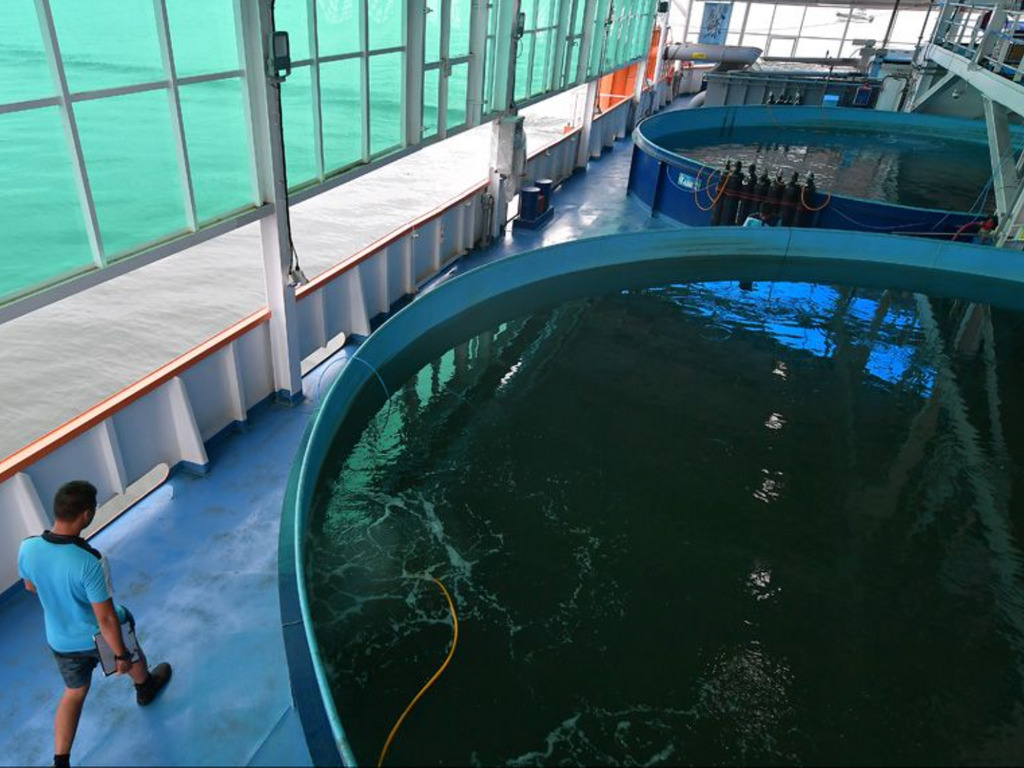4 Mins Read
In a recent announcement, the Singapore government will dedicate S$60 million (US$45.2 million) for a new agritech fund that will focus on supporting farmers through the use of technology that ultimately boosts domestic food production.
The purpose of the Agri-Food Cluster Transformation Fund is to help farmers through the use technology in local food production.
This fund will replace the existing Agriculture Productivity Fund that was administered by the Singapore Food Agency under the MSE and was first set up in 2014 to help farmers boost yields and increase their production capabilities.
This fund was unveiled as a part of the Singapore government’s Green Plan 2030 led by the Ministry of Education (MOE), the Ministry of National Development (MND), the Ministry of Sustainability and the Environment (MSE), the Ministry of Trade and Industry (MTI) and the Ministry of Transport (MOT) to map Singapore’s green targets for the next 10 years.
The Green Plan 2030 that showcases a range of 10-year sustainability goals such as planting 1 million trees across the city, a 30% reduction in per capita landfill waste, along with the creation of a ‘carbon services’ sector.
This plan is in line with the country’s commitments under the United Nations’ 2030 Sustainable Development Agenda and Paris Agreement, and other initiatives include requiring all new car models to use clean energy sources and to support this, more than double the targeted number of electric vehicle charging points will be installed by 2030.
The plan is taking these initiatives to classrooms aiming for at least 20% of schools to be carbon neutral by 2030, with the rest of the schools to follow, in an effort to reduce two-thirds of net carbon emissions from the school sector.
In addition, Singapore wants to produce 30% of its nutritional needs through locally farmed food by 2030 an with respect to the new agritech fund. Singapore’s Deputy Prime Minister and Finance Minister, Heng Swee Keat said: “Technology is (a) game changer and will open new possibilities. We harnessed technology to overcome our water and land constraints, and will do the same for climate change.”

Technology is (a) game changer and will open new possibilities. We harnessed technology to overcome our water and land constraints, and will do the same for climate change
Heng Swee Keat, Singapore’s Deputy Prime Minister and Finance Minister
At the moment, the effects of climate change are resulting in extreme weather events and this could disturb the balance of global supply chains thus disrupting food production. However, with tech innovation, the agricultural sector can be shielded from erratic rainfall patterns and soaring temperatures.
Heng also mentioned Eco-Ark, a high-tech fish farm off the Changi coast with a total capacity of 96 tonnes, and how with funding support from the Agriculture Productivity Fund, the farm is able to produce 166 tonnes of fish a year, around 20 times more than the minimum level set for coastal fish farms in the country. “With advanced aquaculture technologies, Eco-Ark is able to produce 20 times more output than the average in coastal fish farms. This improves our food resilience, as part of the 30-by-30 goal.”
Usually, fish are reared in open-net cage farming systems with massive exposure to seas where incidents like oil spills as well as plankton blooms, cause massive fish deaths but the fish in this farm swim in tanks protected from the currents keeping species such as barramundi, red snapper fingerlings and groupers safe from such threats.
During the debate on its budget, the Ministry of Sustainability and the Environment (MSE) will give more details on the agritech fund.
Heng added that over time with the advancement of technology, the country will reach its sustainability goals. “Costs and benefits of projects will change, as climate cost is factored in and as technology advances. We must continue to stay open and adaptive, and carefully balance our development objectives with sustainability considerations.”
In the past, Singapore has been leading the way in sustainability initiatives. For instance, in September last year, nine urban farms in the country were awarded close to S$40 million (US$29.3 million) under the government’s latest grant in an effort to empower the city-state’s local food production and food security with most of these farms using AI and other solutions to grow fresh vegetables and fruits and the grant is an addition to the city-state’s earlier S$100 billion (US$72 billion) plan to develop solutions to withstand the effects of climate change.
On the food tech front, too, Singapore has been making massive strides with it recently becoming the first country in the world to approve a ‘lab-grown meat product for human consumption, giving the green light to the food tech Eat Just‘s cellular chicken bites.
The city-state’s sovereign fund Temasek has invested close to US$5 billion into the agrifood sector over the past five years, backing around 40 companies such as deep-tech startups like Pivot Bio and Tropic Biosciences, to alt protein brands like Impossible Foods and Perfect Day, along with established global agribusinesses such as Bayer and Olam.
Lead image – Eco-Ark, courtesy of Ng Sor Luan/Business Times.



